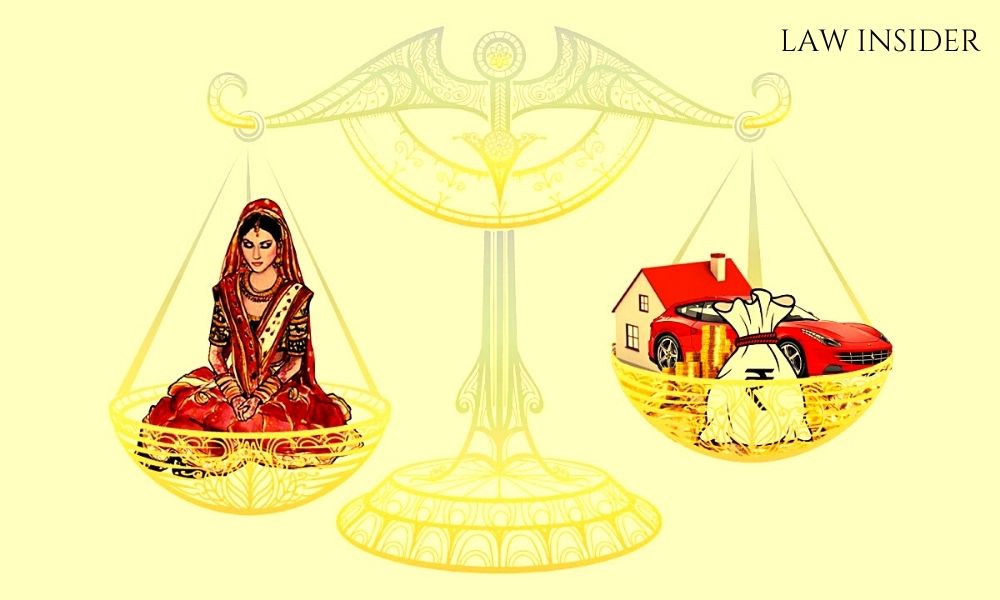Munmun Kaur
Published On: January 12, 2022 at 12:05 IST
Giving “dowry” an expansive meaning, the Supreme Court on January 11, held that the demand for money for constructing a house comes within the ambit of dowry.
A bench of Justices N V Ramana, A S Bopanna and Hima Kohli observed that the word “Dowry” is to be given a wider interpretation and shall include any demand made on a woman, whether in respect of a property or a valuable security of any nature.
The Bench further observed that Section 304B, Indian Penal Code acts as a deterrent in society and curbs the heinous crime of dowry death. Therefore, while dealing with such cases, there needs to be a shift in the approach from strict to liberal so as to achieve the real object of the legislation that is to uproot the social evil of dowry demands.
Earlier, Madhya Pradesh High Court had acquitted the husband and the father-in-law on the grounds that the victim-deceased had herself asked her family for money to construct a house. But the Apex Court set aside the verdict and restored the Trial Court’s decision which has convicted both the accused for dowry death. The Apex Court observed that the demand made by the deceased from her family has to been seen in correct perspective as she was being tormented to bring money from her family. It was only because of the in-laws insistence and persistence that she was compelled to demand money from her family. The helplessness of the deceased was also supported by the evidence brought on record.
The Supreme Court observed, “The above glaring circumstances, when viewed together, can hardly mitigate the offence of the respondents or take the case out of the purview of Section 304-B IPC, when all the four prerequisites for invoking the said provision stand satisfied..”
The deceased, who was five months pregnant, immolated herself in her matrimonial home.

